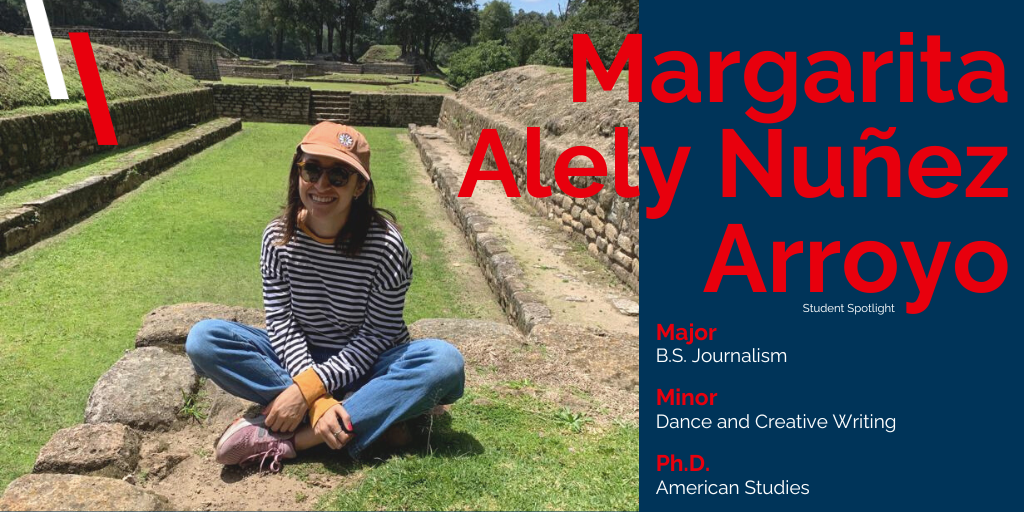
Margarita Alely Nuñez Arroyo was born in Mexico and grew up in Compton, California. Family brought Nuñez to Emporia, KS and since choosing to become a Jayhawk, she has fully immersed herself in various KU communities as a first-generation student. After graduating with her B.S. in Journalism, she is currently on the Ph.D. track in American Studies, which has taken her on study abroad programs to Guatemala and Cuba. Looking forward, she plans to use her degree to become a professor and make a difference in lives of BIPOC, first-generation, and disabled students. Read below to learn more about Nuñez’s journey on the Hill.
Why did you decide to come to KU?
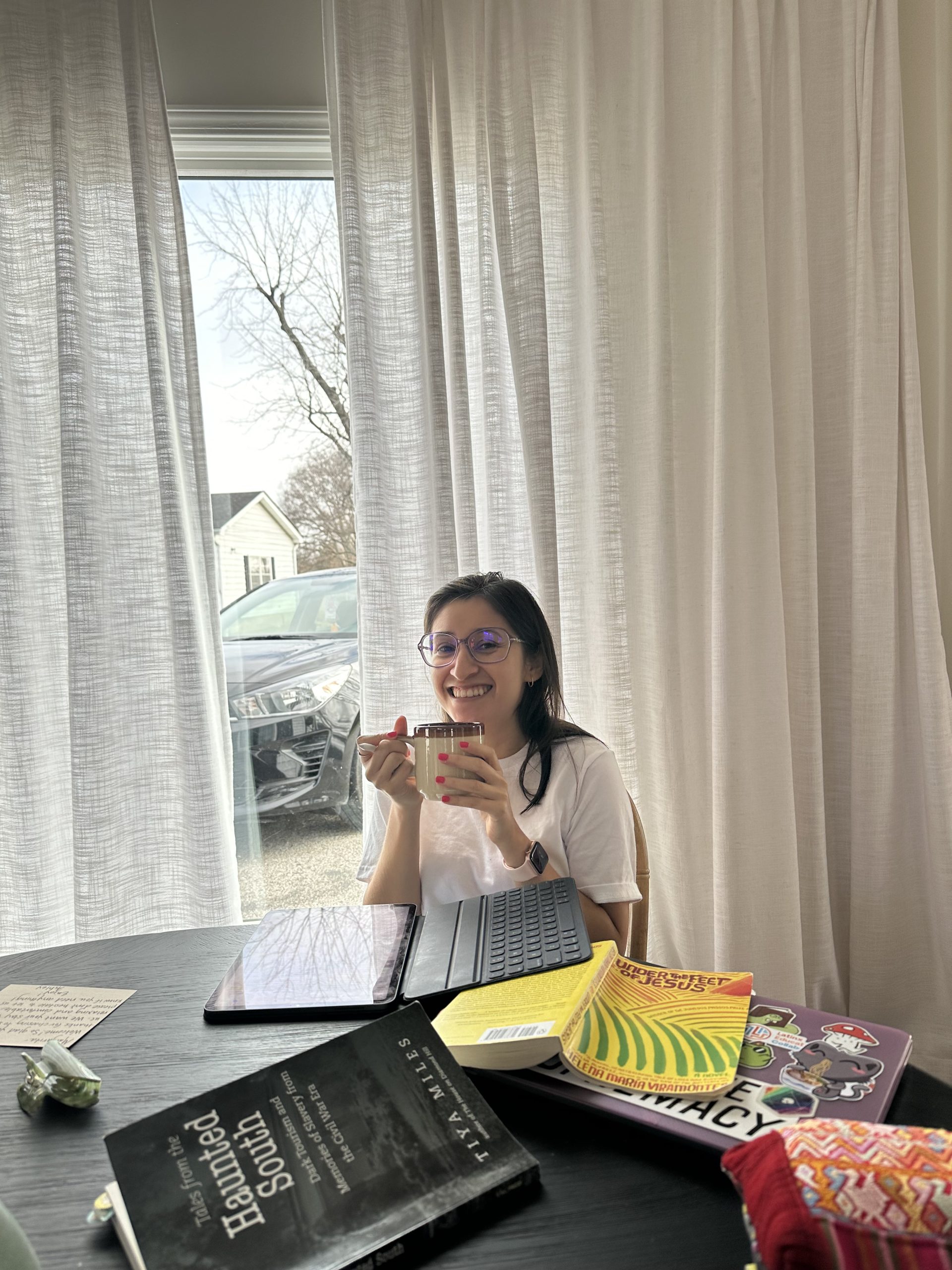
I chose KU because I found programs such as TRIO that vouched for and believed in me as a first-generation student. If it were not for TRIO, I would not be here. For me, choosing a school was not glamorous. It was an intense time of self-doubt and fear – I had no idea how to make it possible. Yet, KU’s TRIO program helped me find a job on campus and gave me the tools to start my KU journey.
Why did you choose your major? And how do they complement each other? Was there a moment when you decided this is what you wanted to study? What was that journey like?
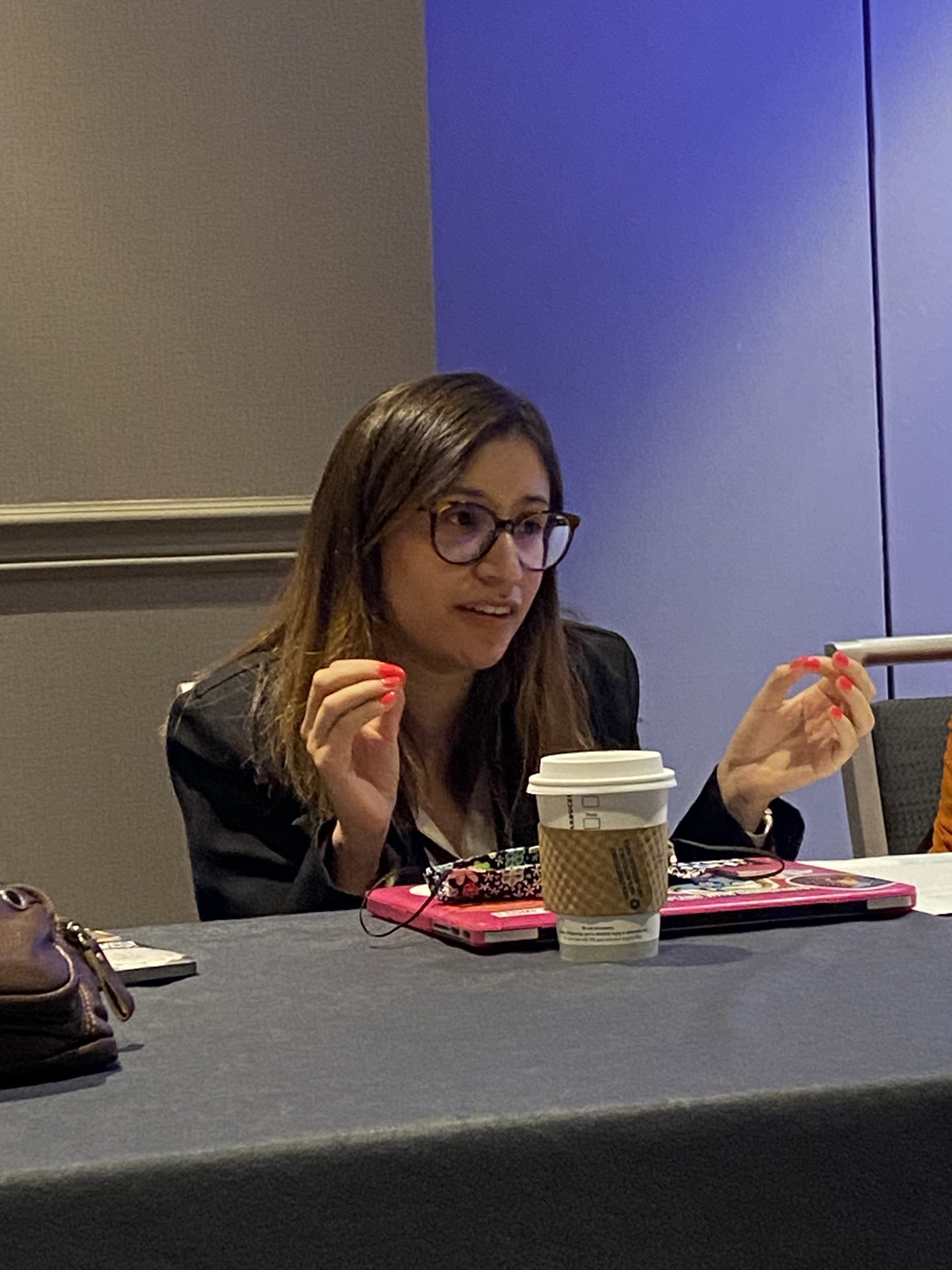
I am getting a doctorate because of the intense love I have for reading and literature. As a young girl in Compton, I wanted to write and report on the stories of my community and things that I believed were underfunded and erased. From an early age, I was writing poetry, fiction, and non-fiction. Thus, learning that I could study books and the representations, or lack thereof, they have regarding immigration, disability, race, etc. made me realize a passion that had always lived within me. Then, I learned that this passion could be made into a career.
What is the most exciting part of your major? What do you think is most valuable about your experiences in these programs?
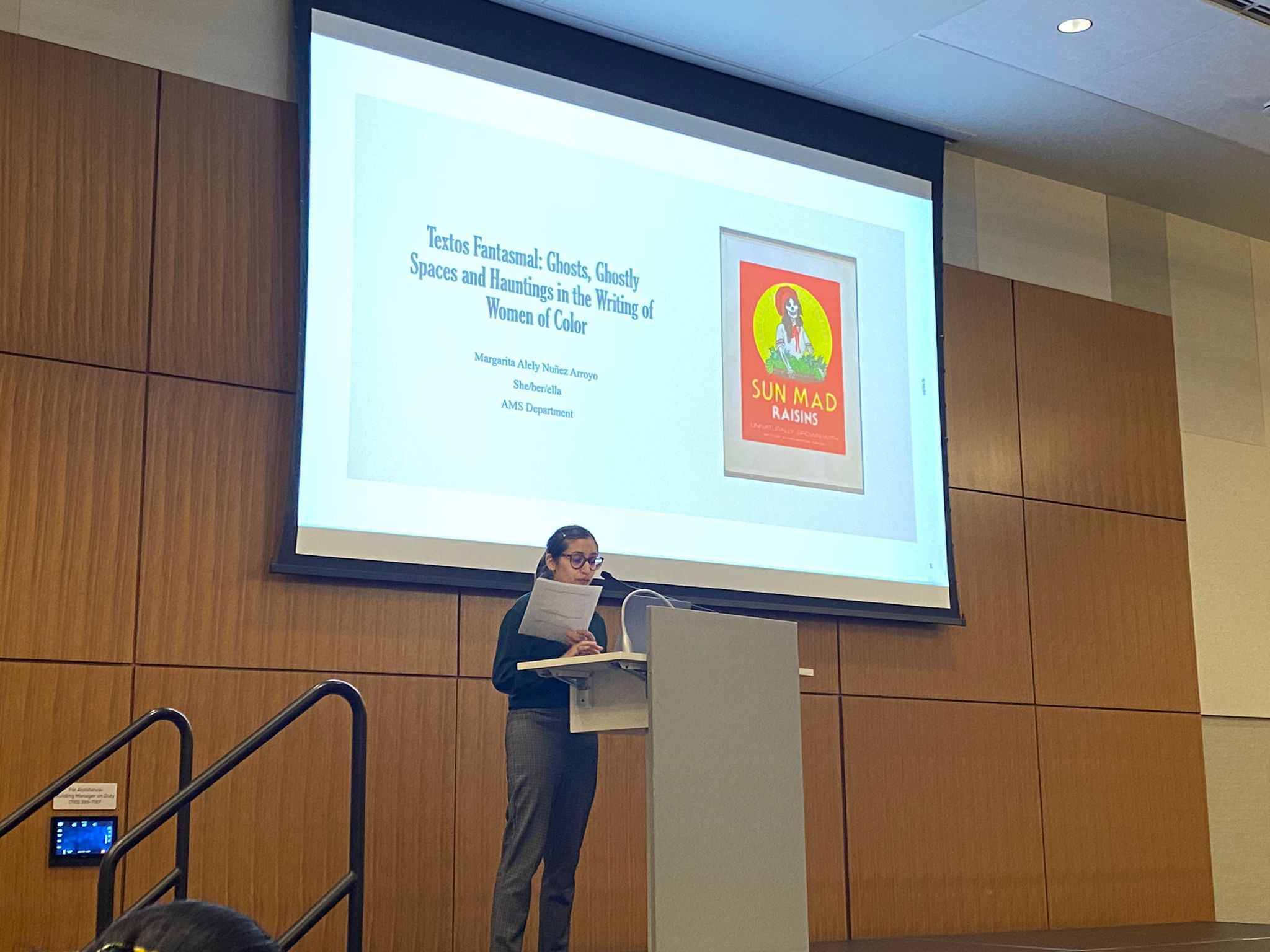
I love that in American Studies I am allowed to search for what it is that beats within me. First, I began with the idea that I would focus my studies on dance. Today, I am writing my dissertation on ghosts and the anxieties they reveal in literature regarding labor, disability, race, and colonialism. I would say that being able to work with individuals who are also paving their paths, like other graduate students, and learning from professors who went through a similar path are of the most valuable experiences.
What is the benefit of being in the KU College alongside students studying sciences, arts, and humanities?
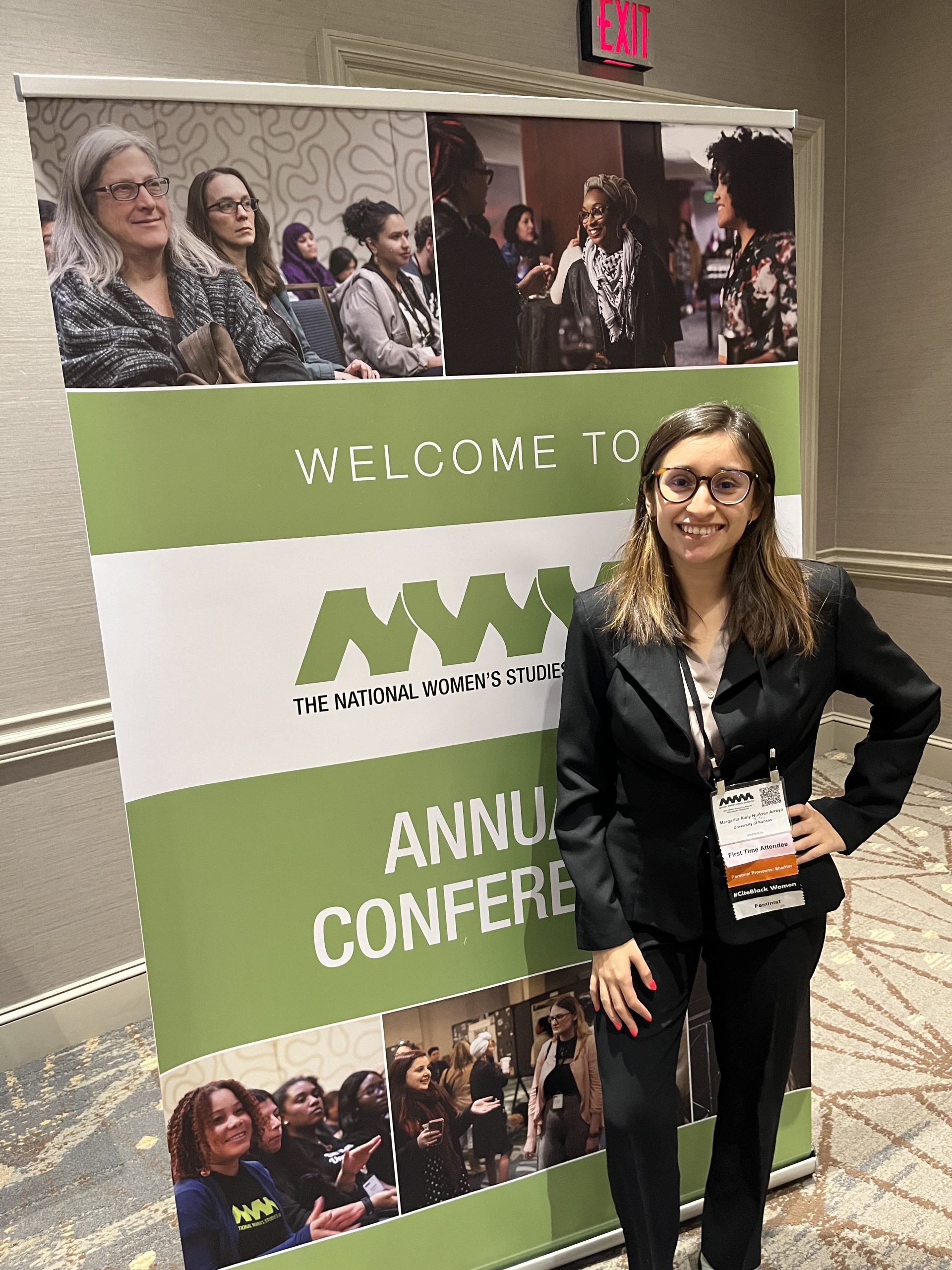
Through these areas of study, many of us have seen important conversations surface such as negative tropes in cinema, activism through the spoken word, generational healing through stories from BIPOC authors, and more. The arts and humanities are the areas where artists dive into anxieties, fears, and other things that are considered taboo. Studying and learning these disciplines makes us grow as people and helps us understand the structures that are in place, which, in many instances, are toxic and exclusionary to those not represented in the U.S.
Have you done any internships, study abroad programs, or any other learning experiences you’d like to share? If so, what was that like?
One of my study abroad experiences was in Guatemala where I studied the indigenous Language of Kaqchikel Maya. It made me realize how difficult it was for my parents to leave their homeland for a different country that was devoid of their culture and customs. Kaqchikel Maya is a beautiful language that makes me feel closer to Mother Earth and experiences that are not founded on materialism. As a Chicana, I find it crucial to acknowledge that although Spanish may be a secondary language in the United States, it has a different function in Latin America. Witnessing the way that Kaqchikel people continue to resist and hold pathways to keep their customs and language was amazing. Lastly, as a Mexican immigrant to the United States, my experience in Guatemala made me grow as a person. It was important for me to sit with the rhetoric of the harm that Mexico does to not only Guatemalans but other Central Americans as it functions as another border before the actual border of the United States.
My second experience abroad was a trip to Cuba to study literature, arts, and culture. During this trip, I realized that as a student in the United States, my understanding of Cuba and its politics is deeply shaped by the limited knowledge we are taught in public schools. Being able to travel to Cuba helped shape my world understanding and my positionality as a Mexican woman who is part of the Latinx community.
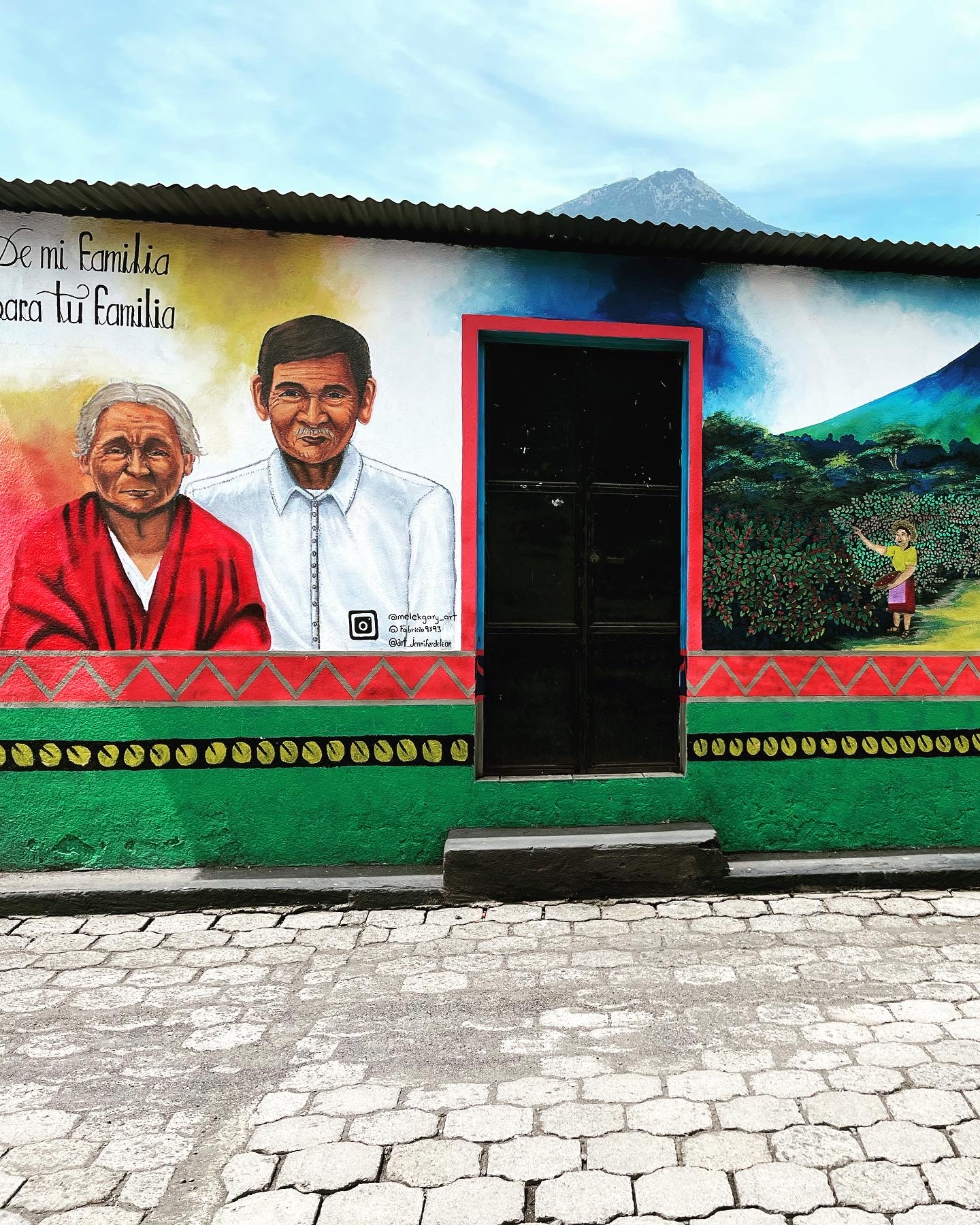
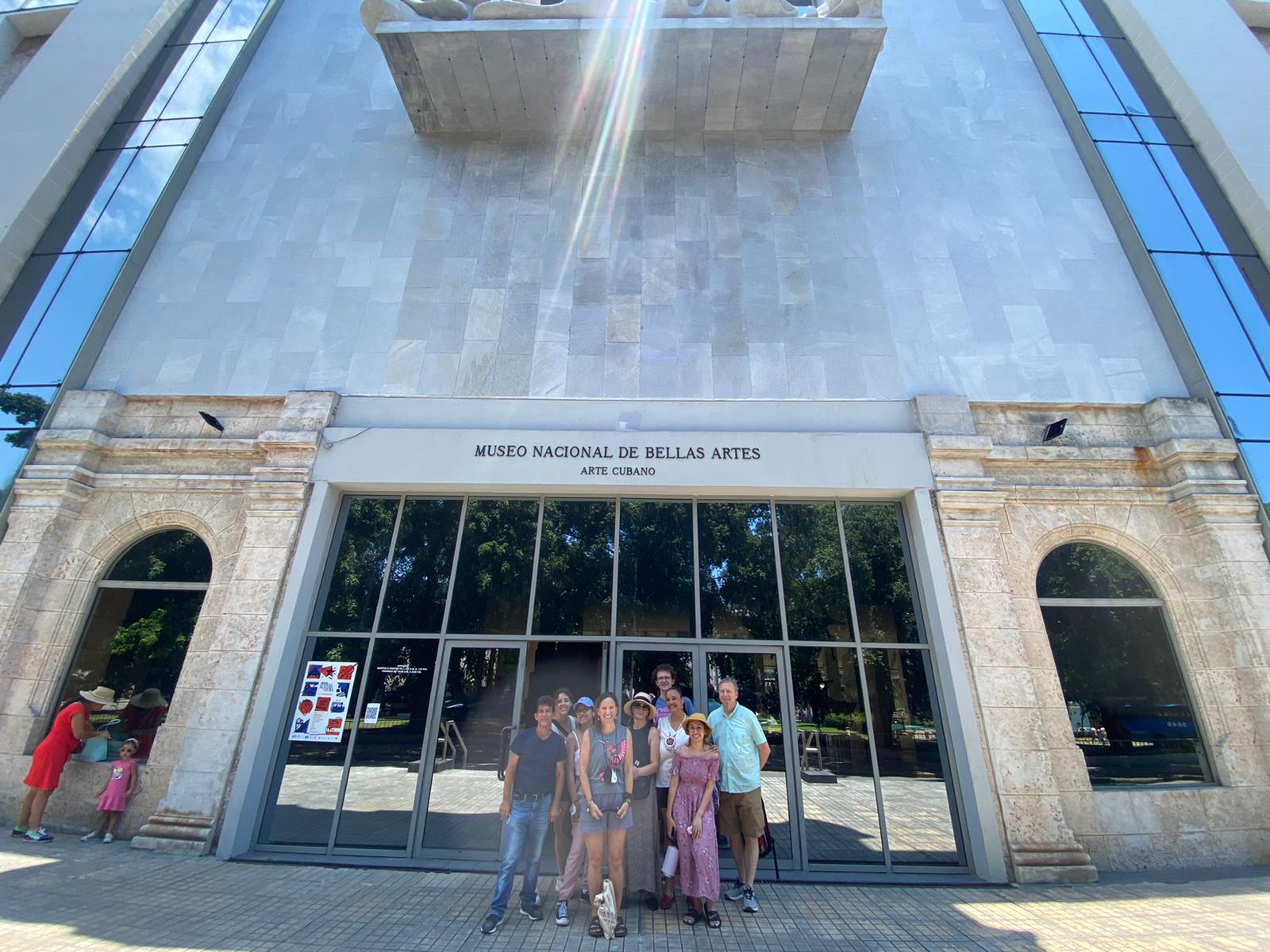
What do you want to do when you graduate?
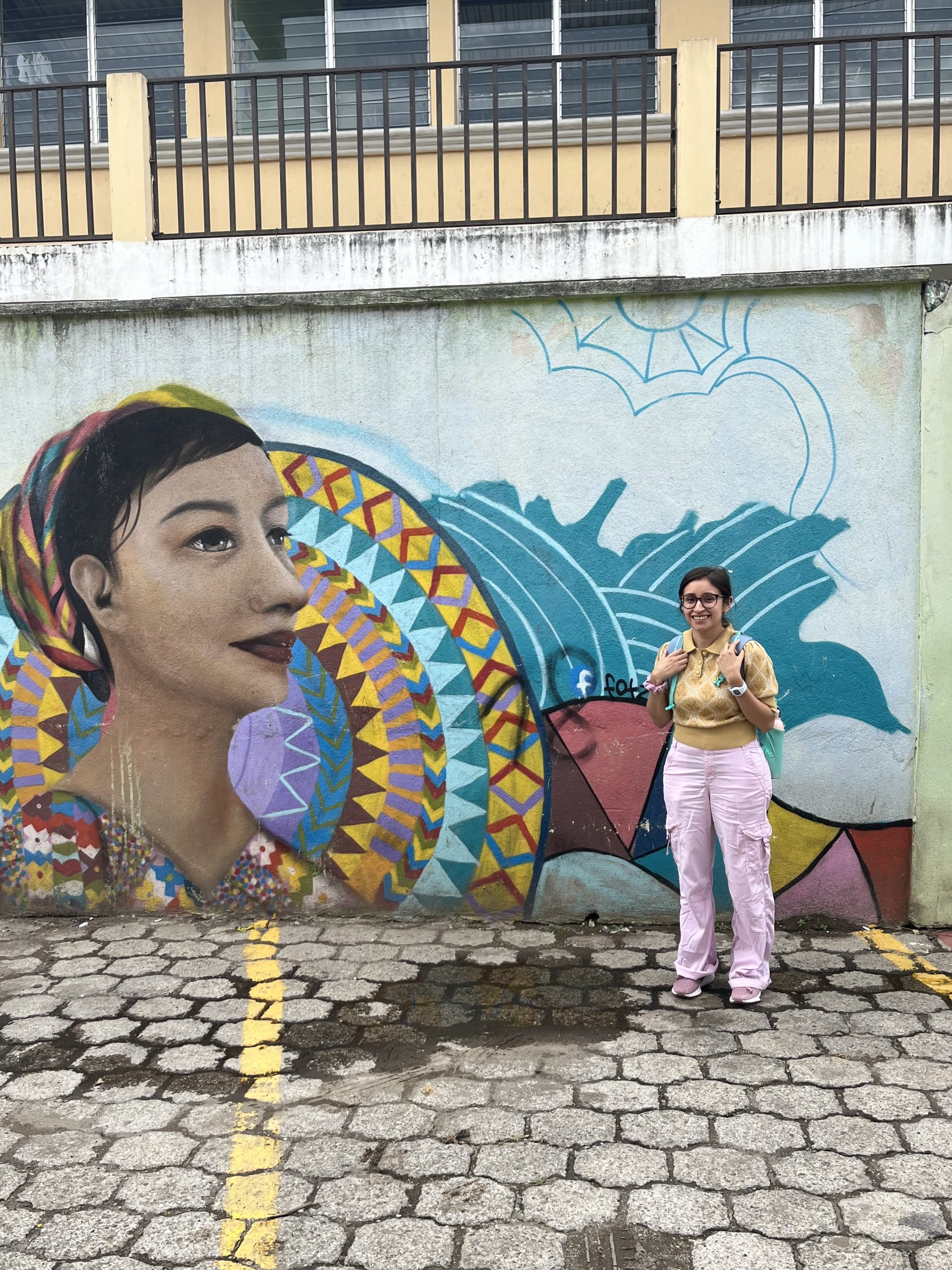
My goal is to become a professor. I want to enter academia to make space for more BIPOC students. I have made it this far due to the immense support I have received from people who commit their work to helping BIPOC, first-generation, and disabled students. Thus, I hope I can also support these students who will continue to enter the university spaces, as well as create scholarship that brings innovative ways to trace disability, racial representations, colonization, and more in literature.
Give a shout-out to a professor, mentor, advisor, or someone at KU who has helped you.
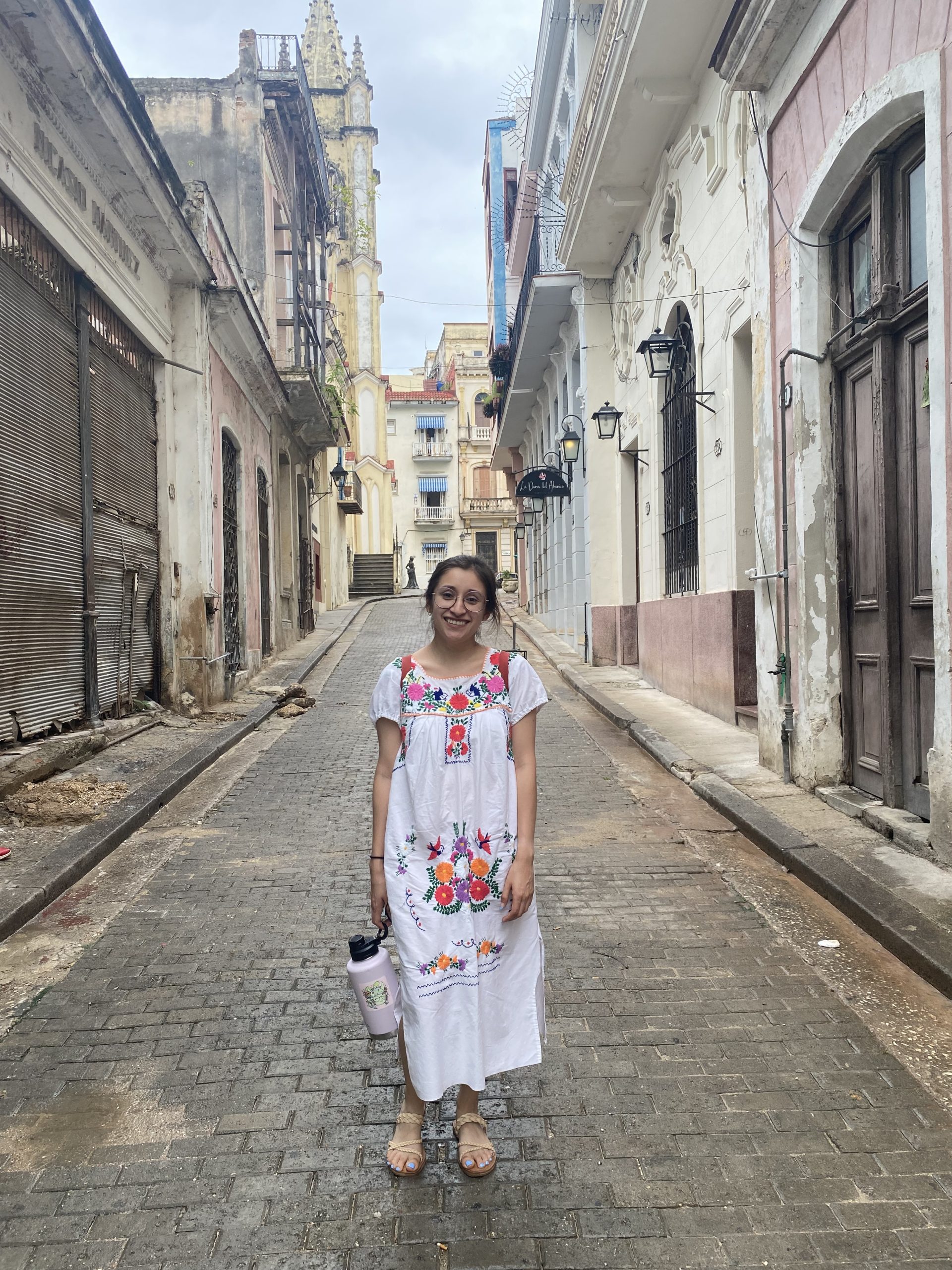
Dr. Marta Caminero-Santangelo is one of my co-chairs. She has been a big help and guide into the stage of my doctorate that I am in today. Her work has helped me find my place in discussing gothic figures in literature and discussing the creation of disability in ghosts. I also want to thank Dr. Giselle Anatol, who is also on my committee. Her work on soucouyant has influenced me greatly in seeing my possible contribution while engaging with ghosts in literature. Dr. Ray Mizumura Pence has supported me in my work in disability studies. Dr. Michelle-Heffner Hayes has always encouraged me to use my body in my thinking and theorizing as a dancer. Another huge thanks to Dr. Sherrie Tucker, whose scholarship has helped many of us frame our work, as well as the kindness she supplies to so many graduate students. I would also like to give thanks to Dr. Ben Chappell whose introductory class as an early graduate student helped me flesh out my experiences as an immigrant and pushed me to theorize, as well as understand, the effects of neo-liberalism. Another very important individual in my journey is Dr. Christopher Perreira. He is no longer at KU, but he guided me and always believed in me as an undergraduate student.
I would also like to thank the KU Trio Program, which helped me in finding my footing here. Stacy Mendez and Gretchen Heasty are invaluable mentors and supporters of my journey. The McNair Program also helped me in applying for master’s and doctoral programs. Without the undying support of Mulubrhan Lemma, I would not be at this point in my graduate journey. Lastly, I want to thank the Office of Multicultural Affairs that offered so much home and hope for me in my undergraduate years. This center was pivotal to my growth and to the person I am today. More individuals have helped me including Alessandra Jacobo, Allison Lewis, Giang Nguyen-Dien, Jameelah Jones, Anthony Boynton, and Dr. Justin Preddie, April Montoya, Rose-Bertine Mercier, Judit Guillen, Laura Flores, Crystal Brad, Juliana Alor, Paola Alor, Kristy Mo and many more.